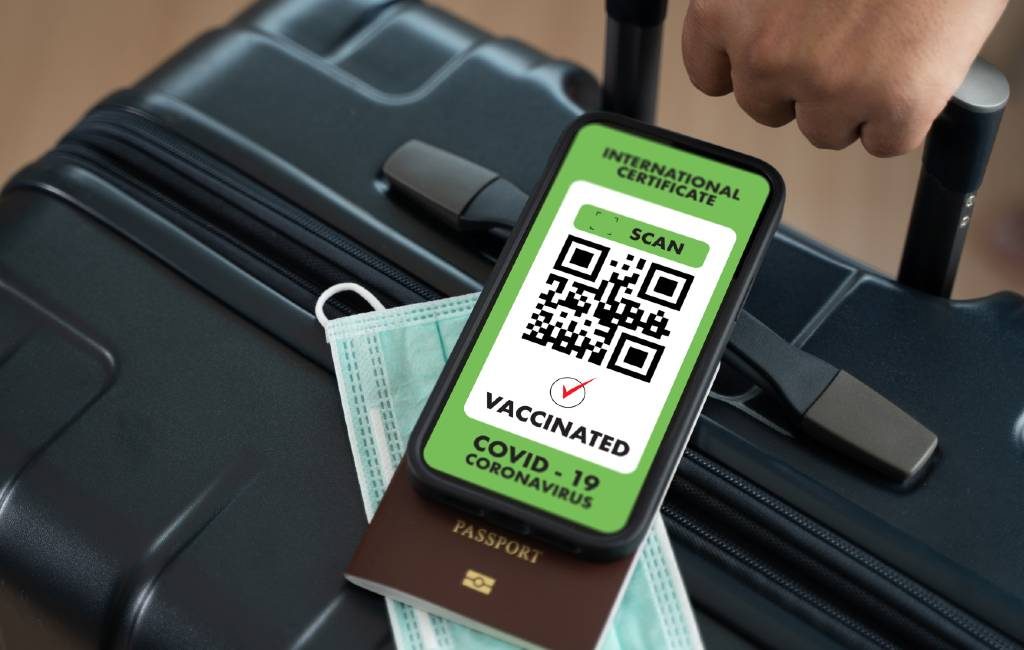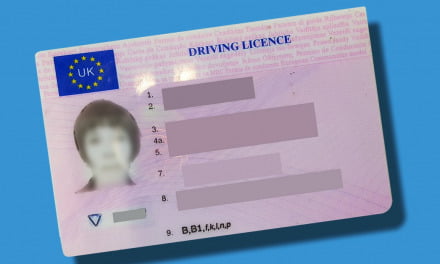The Digital Green Certificate (DGC) will facilitate mobility at a European Union (EU) level, guarantee the protection of public health and gradually allow the return of safe economic activity, said Alfredo González, Spain’s National Health Secretary-General for Digital Health, Information and Innovation, at a Moncloa press briefing explaining that the Government of Spain and the regional governments have started to work on introducing the Digital Green Certificate, this summer, to comply with the deadlines established by EU ambassadors, who last week agreed a mandate for negotiations within the European Parliament, and the proposals for a Digital Green Certificate system to be created.
This certificate is aimed at facilitating safe and free movement, during the ongoing COVID-19 pandemic, by providing proof that a person has either been vaccinated against COVID-19, received a negative test result or has recovered from the disease. Some have expressed concern about such a system, though it is not to be mandatory, as it could lead to a two speed system, which may discriminate against those not yet vaccinated, or who wish to refuse the jab. Others have pointed out that this could well be used as a blueprint for an EU-wide electronic identity system. For most, however, this is seen as a positive step towards reopening international borders and restoring some freedom of movement.
The European Parliament is expected to adopt a formal position, at their plenary on 26-29 April. Inter-institutional negotiations will then start as soon as possible thereafter. EU member states have underlined their commitment to have the framework ready by this summer, 2021.
The Government of Spain’s intention, said González, is to introduce the Digital Green Certificate in June so that it can be up-and-running before July, and fully functioning for the summer season.
Spain, and The Canary Islands, are already using several information systems that favour the DGC – REGVACU (Information System for monitoring vaccination), SERLAB (State Laboratory Results System) and Spain Travel Health (SpTH control form and QR Code).
González pointed to the important step taken last Tuesday through the establishment of a common position agreed by EU governments on the draft regulation saying “A new phase of negotiations now begins at the European Parliament, with the horizon of approving the regulation in June”
 Vaccine passports, officially known as “COVID Status Certificates”, are being trialed at major sporting events this month in the UK, with the hope that mass events can reopen soon as safely as possible, say The BBC. “Covid certification – including proof of a negative test – is already part of international travel, the government said. It expects this to continue and is looking at ways of making it possible to show such information digitally.” this could provide a model for a future British version of Europe’s new DGC.
Vaccine passports, officially known as “COVID Status Certificates”, are being trialed at major sporting events this month in the UK, with the hope that mass events can reopen soon as safely as possible, say The BBC. “Covid certification – including proof of a negative test – is already part of international travel, the government said. It expects this to continue and is looking at ways of making it possible to show such information digitally.” this could provide a model for a future British version of Europe’s new DGC.The Digital Green Vaccination Certificate
Based on current data protection rules and timely reporting to the Spanish Data Protection Agency, the main characteristics of the Digital Green Certificate are simplicity and interoperability throughout the EU, free of charge and universal.
An individual digital certificate will be created through a QR code, which will provide information on whether the holder has been vaccinated against COVID-19, has a negative diagnostic test and certify whether or not they have already had, and recovered, from the disease.
The Digital Green Certificate will facilitate free movement in the EU, “but will not limit the mobility” of those who do not hold a certificate, and “will respect, in any event, data protection, safety and privacy”, remarked the Secretary-General for Digital Health, Information and Innovation, Alfredo González.
“This is not a passport or a travel document, nor is it a pre-requisite for travelling”, but it is “a mechanism that facilitates mobility”, stressed the Secretary-General, while emphasising that the possibility exists to extend the model for use with compatible Certificates issued by third countries.
Introduction in Spain
This is a process of “great complexity that requires full coordination, as we are witnessing at present”, Gonzales pointed out, between the Ministry of Health and the regional governments, including the involvement of the Ministries of Industry, Trade and Tourism, of Foreign Affairs, European Union and Cooperation, and of Transport, Mobility and Urban Agenda, along with other agents such as airlines.
The regional governments will be tasked with issuing, stamping and handing over the Certificates in electronic format (QR Wallet, PDF with QR) or on paper. The ministerial department will issue Certificates in special cases, and offer the necessary technical coordination and support necessary to the regional authorities. Laboratories will also participate, tasked with facilitating the information so that the Certificates can be issued.
Meetings are scheduled to be held with all the regional governments, throughout Spain, along with bilateral sessions with each of them, to have the systems ready within the scheduled deadlines. Furthermore, the Inter-territorial Council of the Spanish National Health System will be informed in a timely manner, of the project’s progress, both at an EU level and regarding its rollout in Spain.
The European Commission presented the model of the Digital Green Vaccination Certificate on 17 March and, since then, the Member States have been working hard on the legal and technical aspects of the model.
The regulation is currently passing through the various EU institutions, and is expected to be approved in the month of June so that the Certificate can be operational by the end of that month.
Certificates for people travelling to Spain
As regards the validation and acceptance of the Certificates for people travelling to Spain, the main responsibility will be taken on by the Ministry of Health, through Border Health, which will help develop the SPTH (Spain Travel Health) system.
At the end of the process, travellers may opt for the traditional system (SpTH introduced back in June 2020) or for the new system (SPTH+), providing the Digital Green Vaccination Certificate in this application. In the latter case, verification will be made upon arrival and transit will be much quicker and simpler for the traveller, while maintaining the utmost health and safety.













